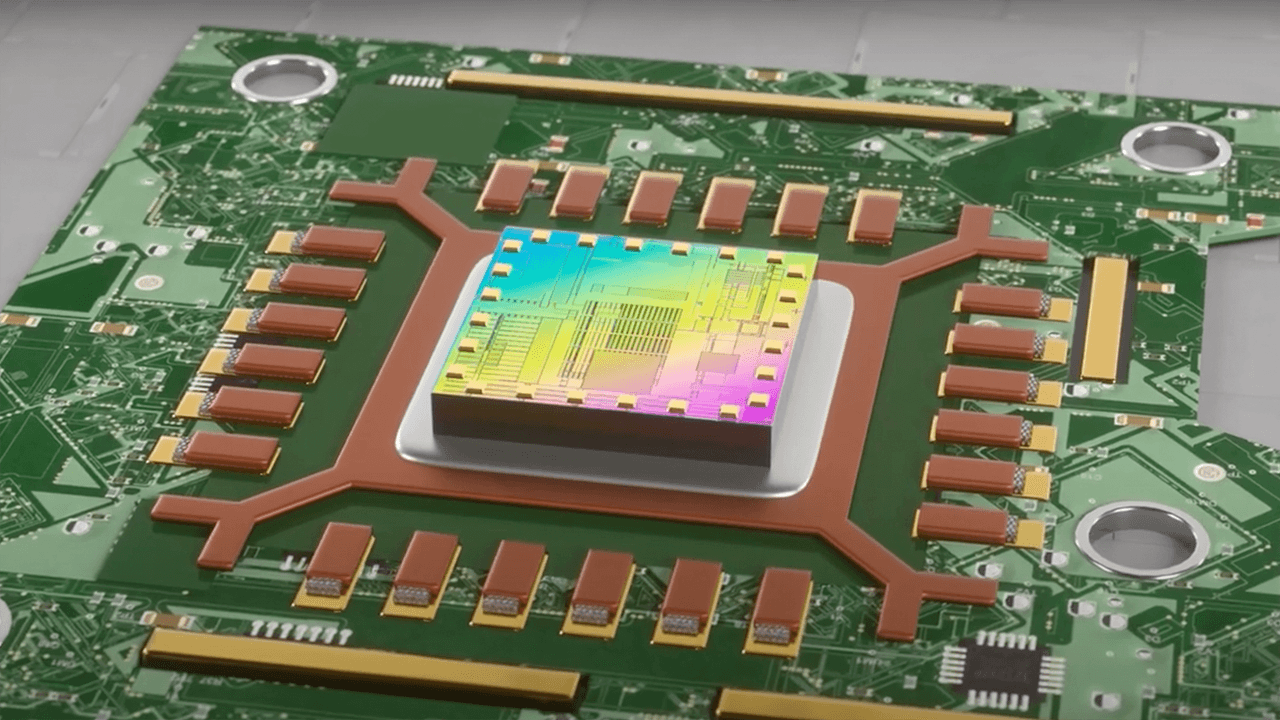When it comes to the making of micro-electronic parts, with the key word here being micro, according to Dutch deep tech startup FononTech CTO Fabien Bruning, “Traditional manufacturing techniques are stretched to the limit. Our impulse printing technology solution will push through this limit.”
As the quest for ever better, ever smaller presses ever forward, TNO (Nederlandse Organisatie voor toegepast natuurwetenschappelijk Onderzoek) spinout FononTech has raised €2.3 million to rise to the challenge via an additive manufacturing process.
In addition to being able to print micro-electronic parts in a manner far superior to today’s industry standard, that is, a complex and layered structure that involves lithography, according to FononTech, they can also reduce the ecological impact of said assembly method by a factor of 1000x.
The secret lies in its 3D printing method, a process we’ve all most certainly seen at this point, but nevertheless, a method by which FononTech says eliminates the need for the carbon emission-heavy output of lithography.
But alongside the environmental upsides, FononTech isn’t shy about the commercial benefits as well. “We expect the market for micro-electronics assembly to double to around €78 billion in the coming five years. We are delighted with our investor’s faith in us that we will win a big share of this,” said FononTech’s CEO Rob Hendriks.
FononTech’s €2.3 million seed funding round was provided via convertible loans offered from TTT Smart Industries Fund, SHIFT Invest, Brabantse Ontwikkelingsmaatschappij (BOM), the Brabant Startup Fonds (BSF) and Prime Ventures founder Sake Bosch. Additional funding arrives in the form of a loan provided by Rabobank.



Would you like to write the first comment?
Login to post comments